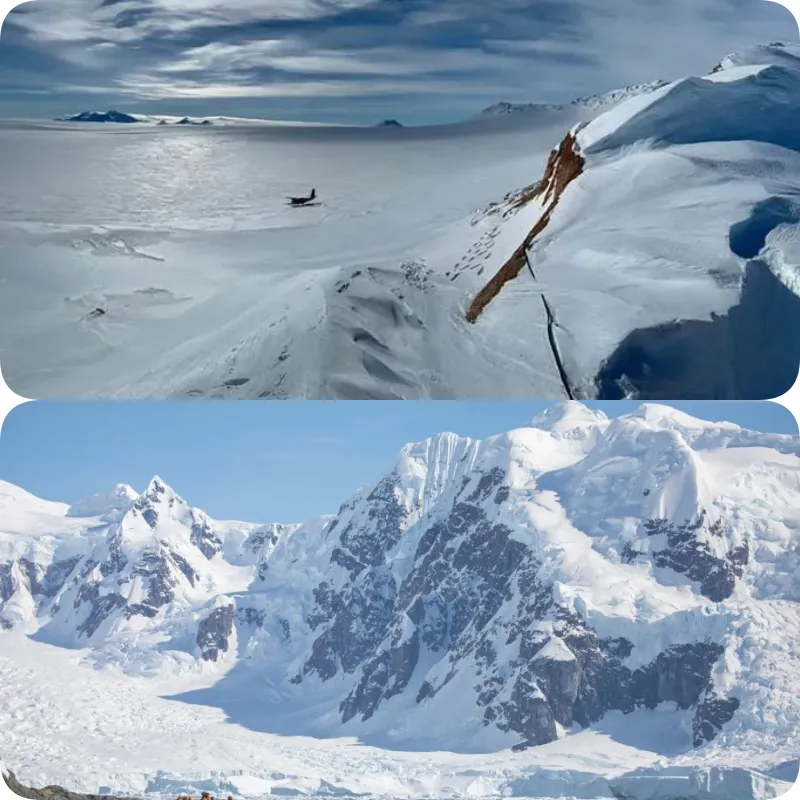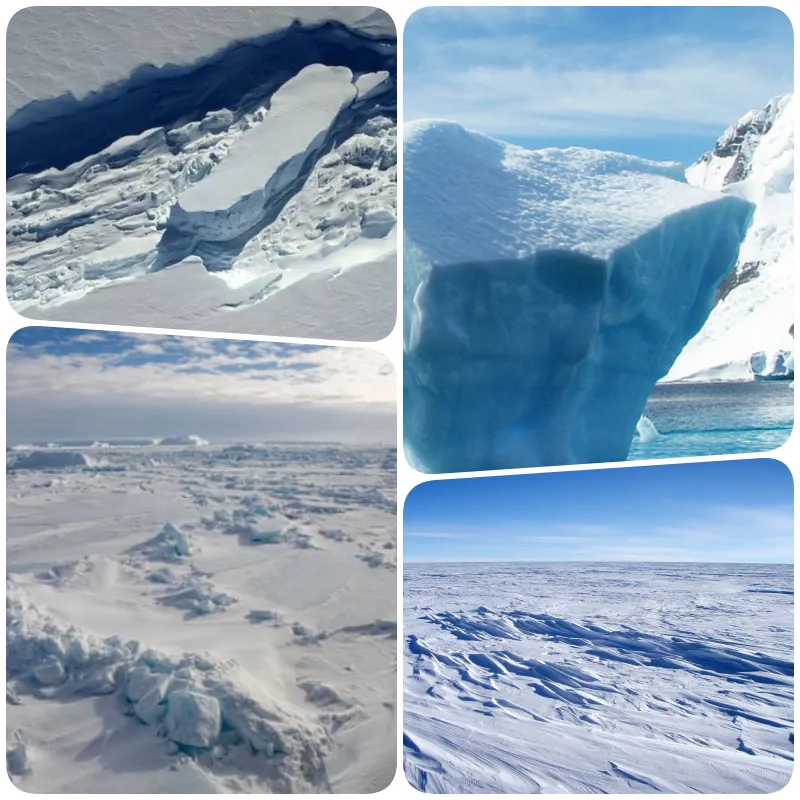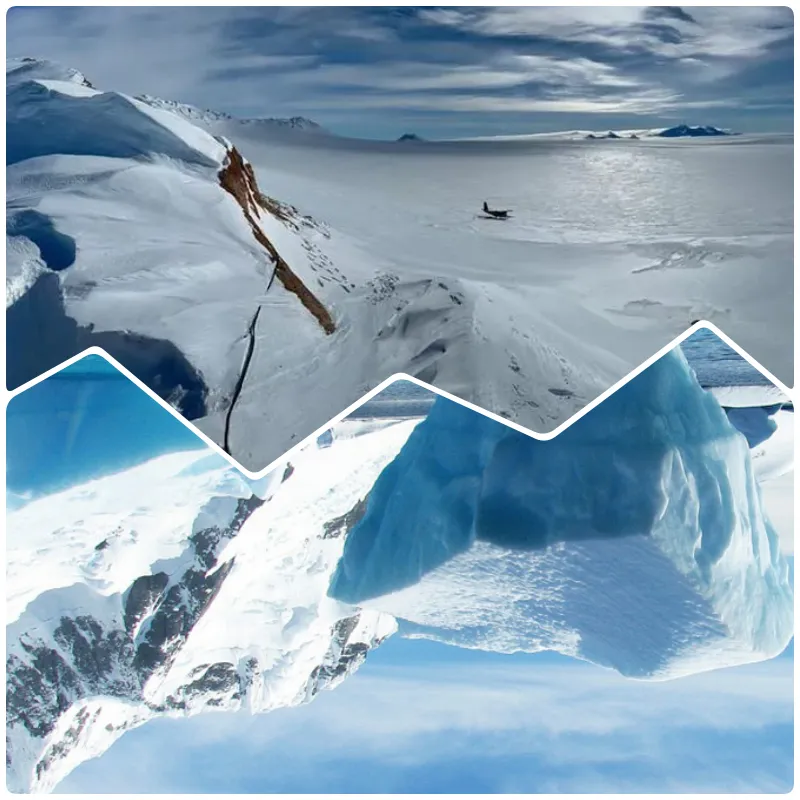
Earth’s “crushed continent” is rising: A growing concern
Scientists are closely monitoring the rapid emergence of a continent from the ocean—a phenomenon that could have catastrophic consequences. According to Science Alert, the continent in question is Antarctica. The vast landmass is increasing as its weight decreases.
In a recent study published in Science Advances, lead author Dr. Natalya Gomez from McGill University revealed that Antarctica’s rise was due to ice loss and subsequent weight loss.

Imagine Antarctica as a sponge that was previously compressed by a heavy weight. As this weight gradually decreases, the sponge begins to float. This process, called “postglacial recovery”, can be a double-edged sword.
On the one hand, the Earth’s natural mechanisms can balance this effect, making it a beneficial phenomenon – as long as human activities do not disrupt this balance. If greenhouse gas emissions decline rapidly and global warming is mitigated, postglacial recovery could act as a natural brake on ice loss. This recovery could slow the flow of ice from land to sea, potentially reducing Antarctica’s contribution to rising sea levels by up to 40%.
Conversely, if greenhouse gas emissions continue to go unchecked, natural recovery mechanisms may not be enough to “lock in” ice loss. Instead, this could exacerbate sea level rise, pushing more ocean water away from Antarctica. This scenario will lead to rapid sea level rise, threatening densely populated coastal areas.
With new models calculating Antarctic uplift, if global warming is kept lower, sea levels are predicted to rise about 1.7 meters by 2500. However, if the trend As current warming continues, this increase could escalate up to 19.5 meters.

Dr. Gomez and her team emphasized the importance of understanding the widespread impacts of ice loss in Antarctica. “With nearly 700 million people living in coastal areas and potential losses reaching trillions of dollars by the end of the century, understanding the domino effect of Antarctic ice loss is critical,” they warn. ”.
This study highlights the serious global risk posed by uncontrolled climate change. The rising continent is a stark reminder of the urgent need to limit global warming to avert a potential global catastrophe.



